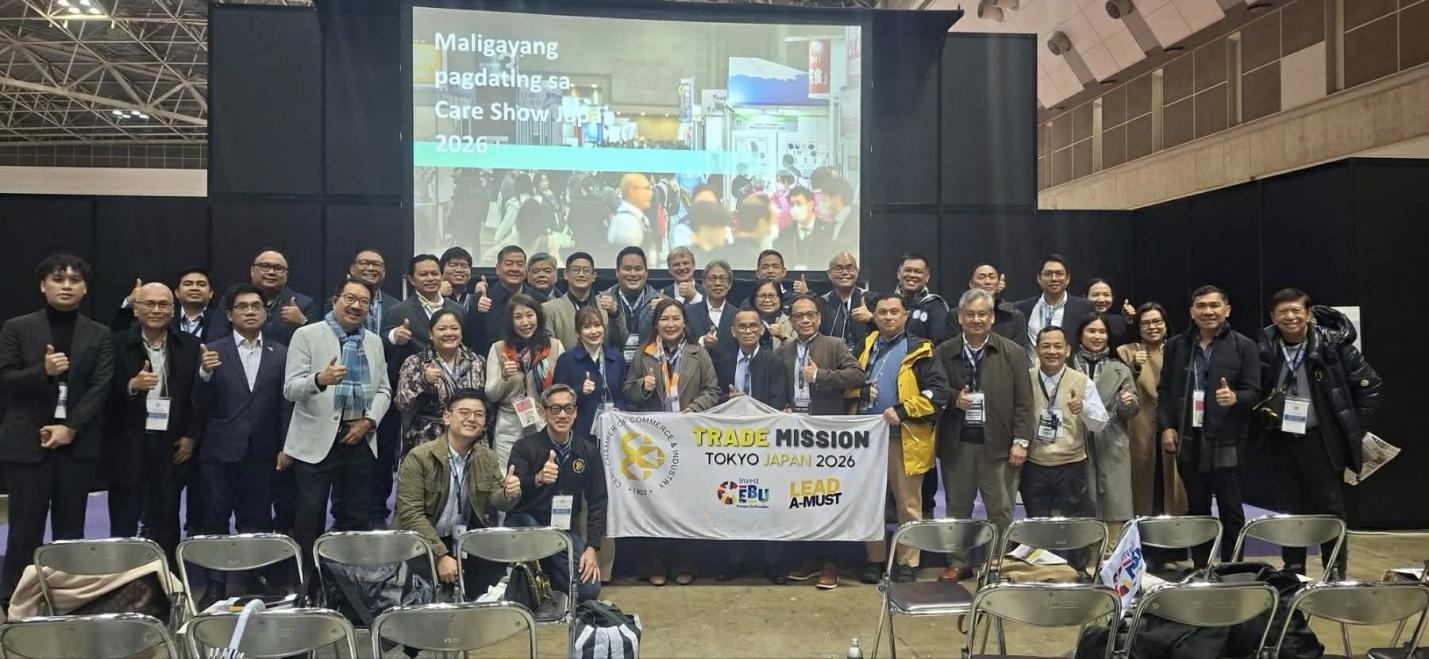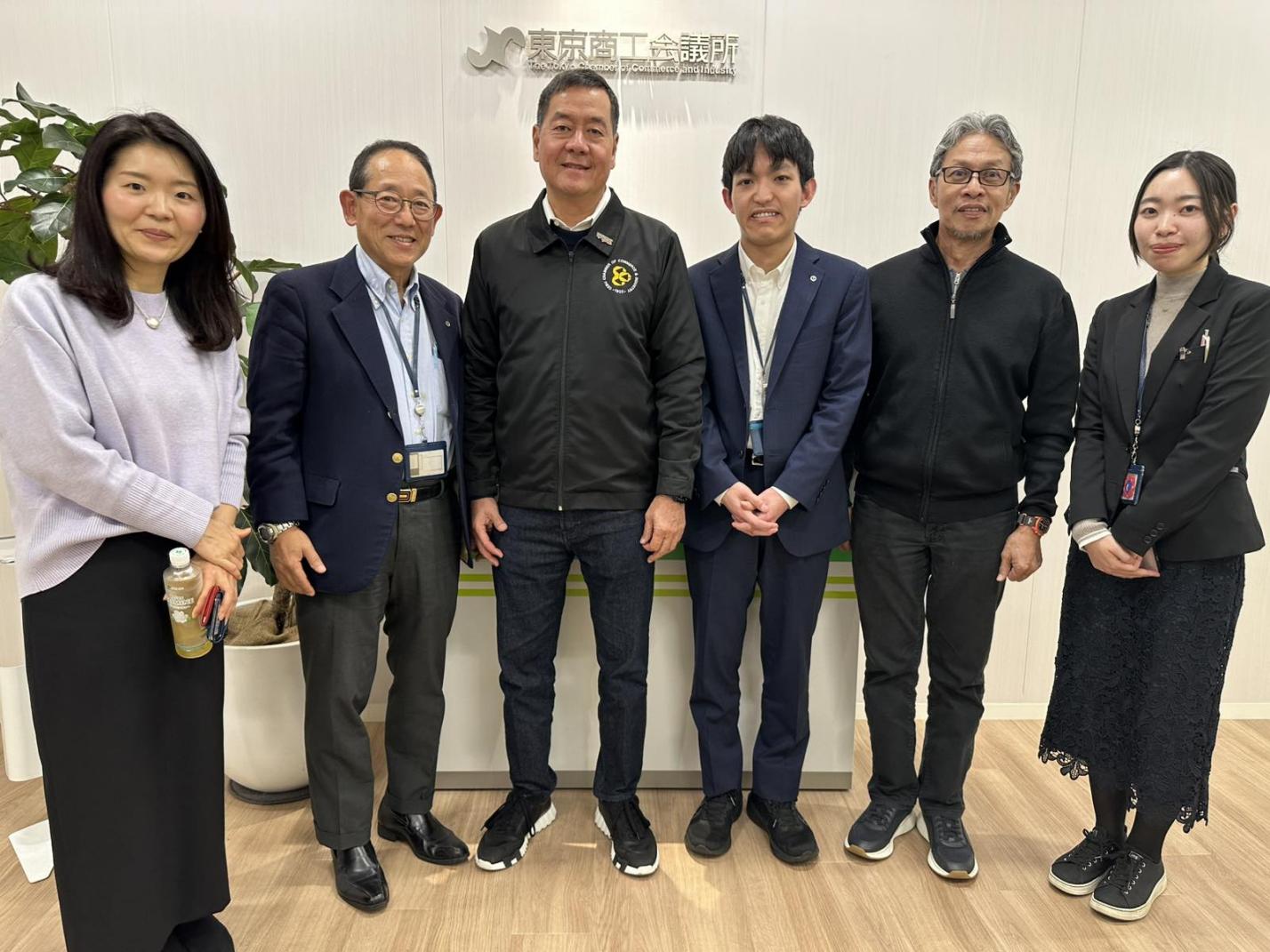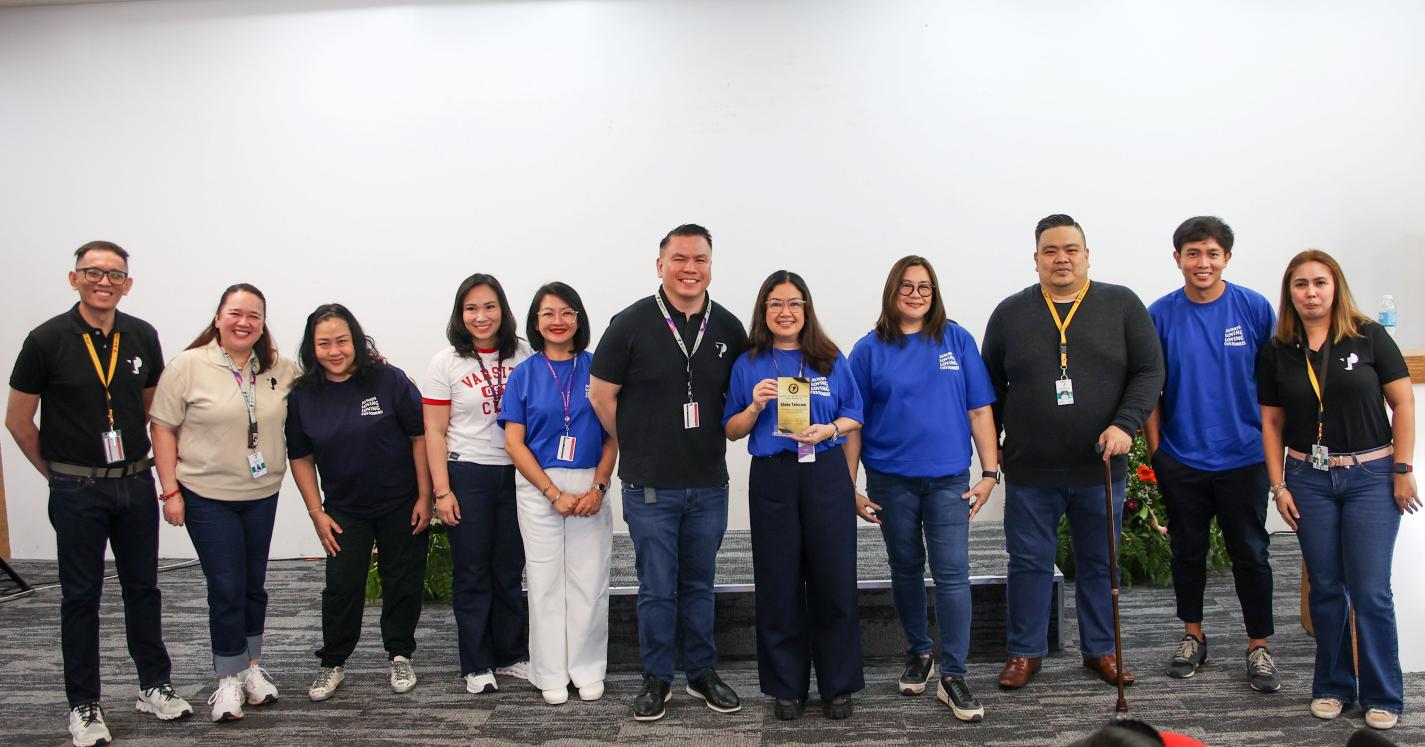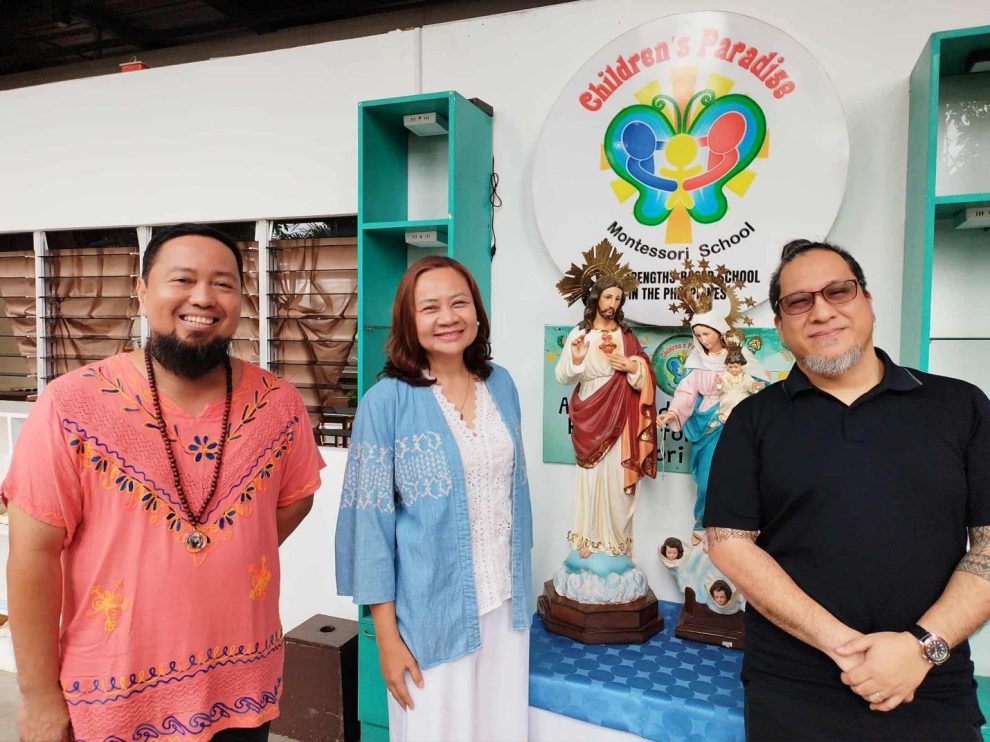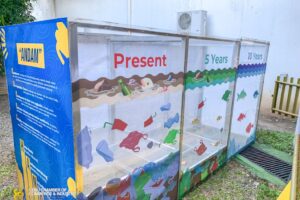The Children’s Paradise Montessori School (CPMS) has stepped up efforts to support the social, emotional, and mental well-being of its staff and students after Typhoon Tino brought heavy rains and flash floods to Cebu.
CPMS founder Ms. Marivic Bathan said the experience pushed the school to reflect on how prepared its personnel and families were to support children during difficult times. She said CPMS had already invested in training and preparedness in the past.
However, the frequency and emotional impact of recent events made it clear that the school needed a more systemic approach—one that responds to the evolving challenges faced by students, teachers, and families.
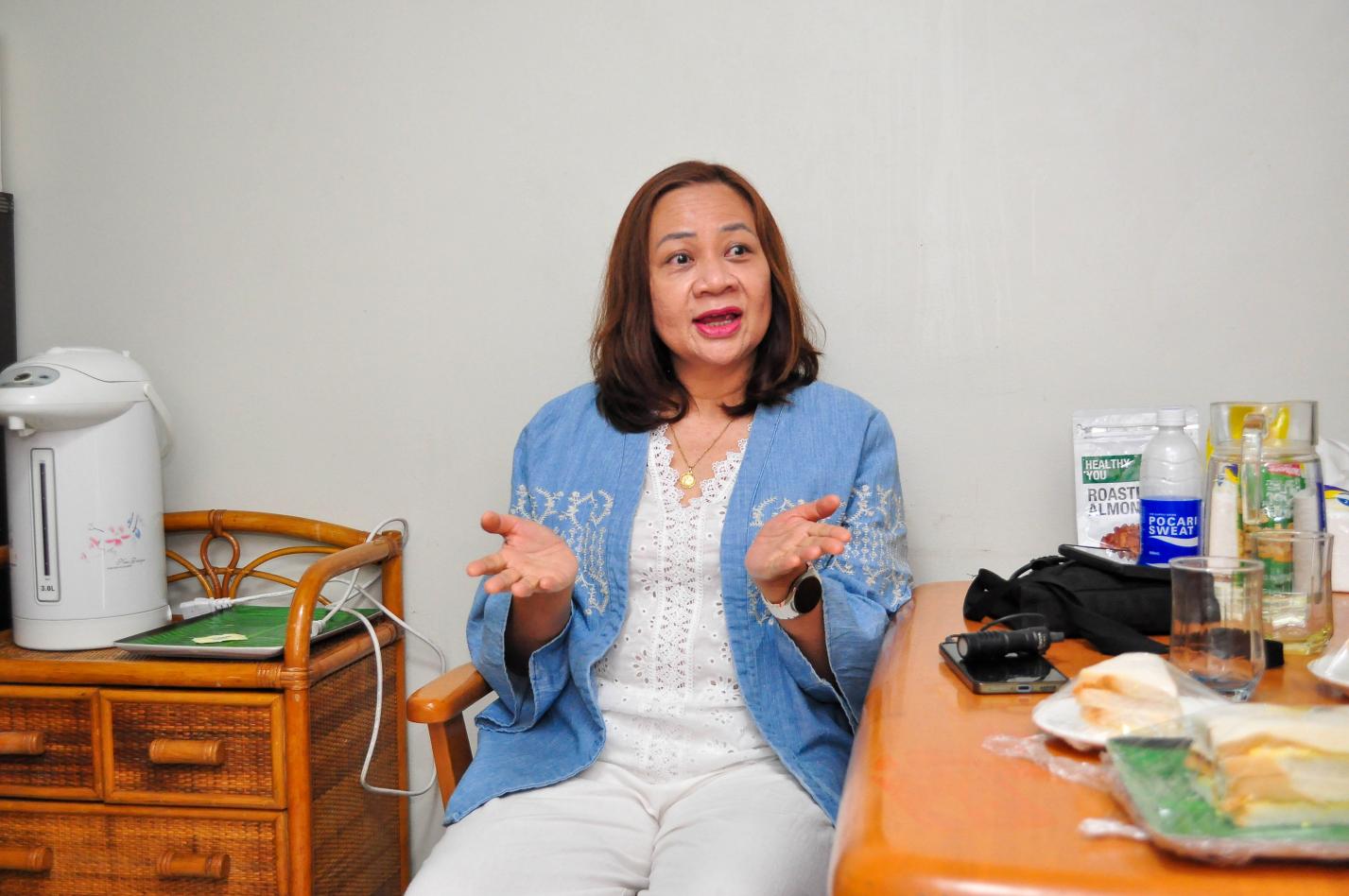
“We follow a person-centered, child-centered philosophy,” Bathan said. “We check in on every individual and assess what each one needs.”
She emphasized that adults play a critical role in enabling children’s wellbeing and learning. The quality of adult support, she noted, directly influences how children cope, regulate emotions, and engage in schoolwork. For CPMS, emotional and mental readiness is a prerequisite for meaningful learning. When children or adults are unsettled, she stressed, academic focus becomes difficult.
Because of this belief, CPMS treats mental health and emotional support not as an add-on but as an integral part of its system—especially in response to unusual or traumatic events.
A Structured Intervention Process
To help teachers, students, and staff recover, CPMS implemented a structured intervention process that began with personal check-ins. School leaders and department heads asked teachers three key questions:
How were they affected?
What did they need?
How ready were they to return to school physically, emotionally, and mentally?
They also used a readiness scale from 1 to 10 to determine how soon teachers could resume their duties. About half of the teachers voluntarily returned early to help prepare the environment.
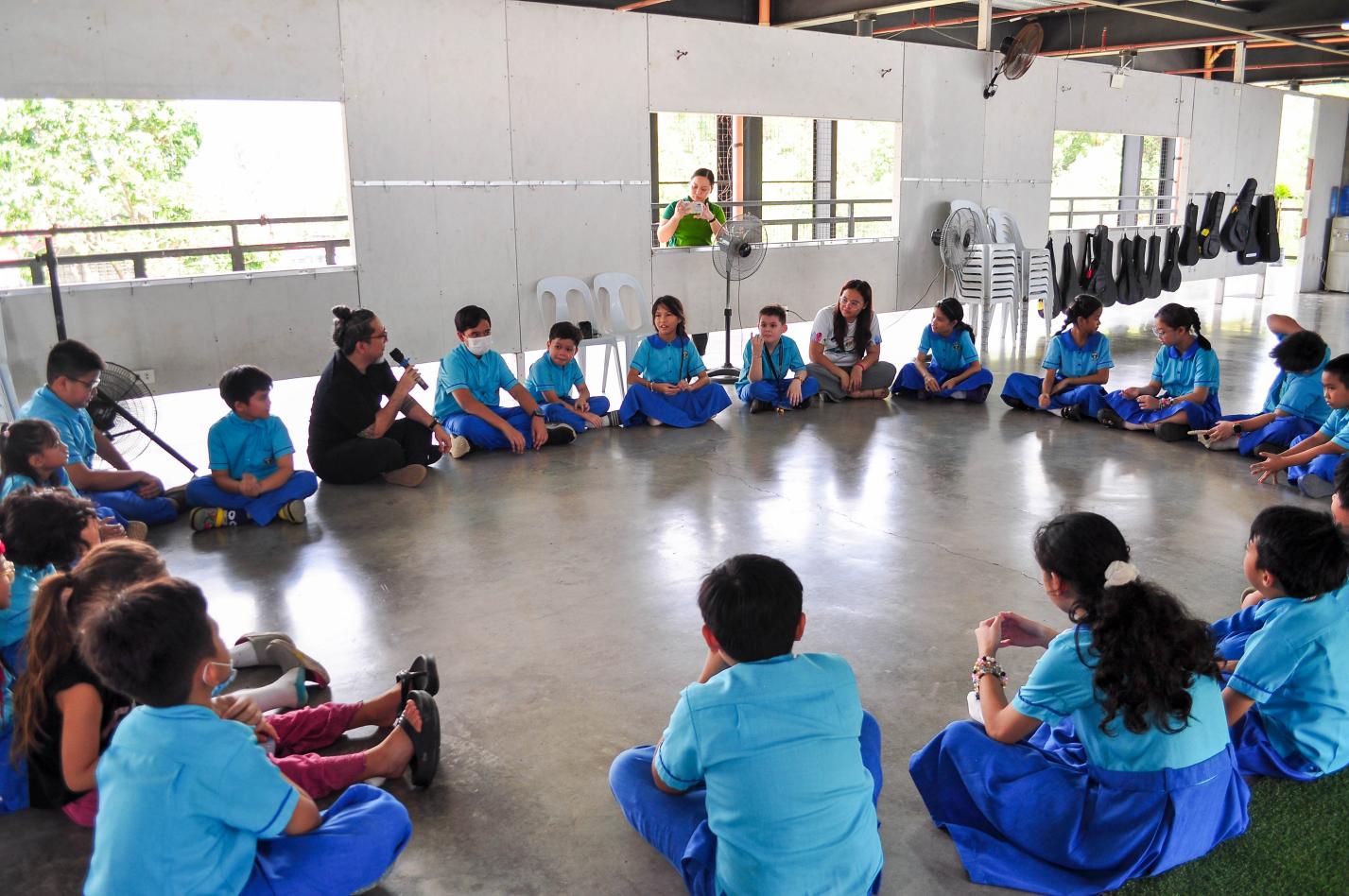
The school then held debriefing sessions to give teachers a safe space to share experiences and release emotions. Bathan said these sessions helped teachers feel seen, heard, and supported.
Recognizing that children might also struggle to return to academic routines, CPMS instructed teachers to set aside academic rigor temporarily. Instead, they focused on helping students regulate emotions, release energy, and adjust at their own pace. Teachers closely observed how children responded and used trauma-informed strategies.
The school also tapped experts to address the emotional needs of the students.
Understanding Children’s Emotional Distress
Fr. Loreto Jaque, who facilitated the healing sessions, said many students carried heavy emotions even before entering the classroom.
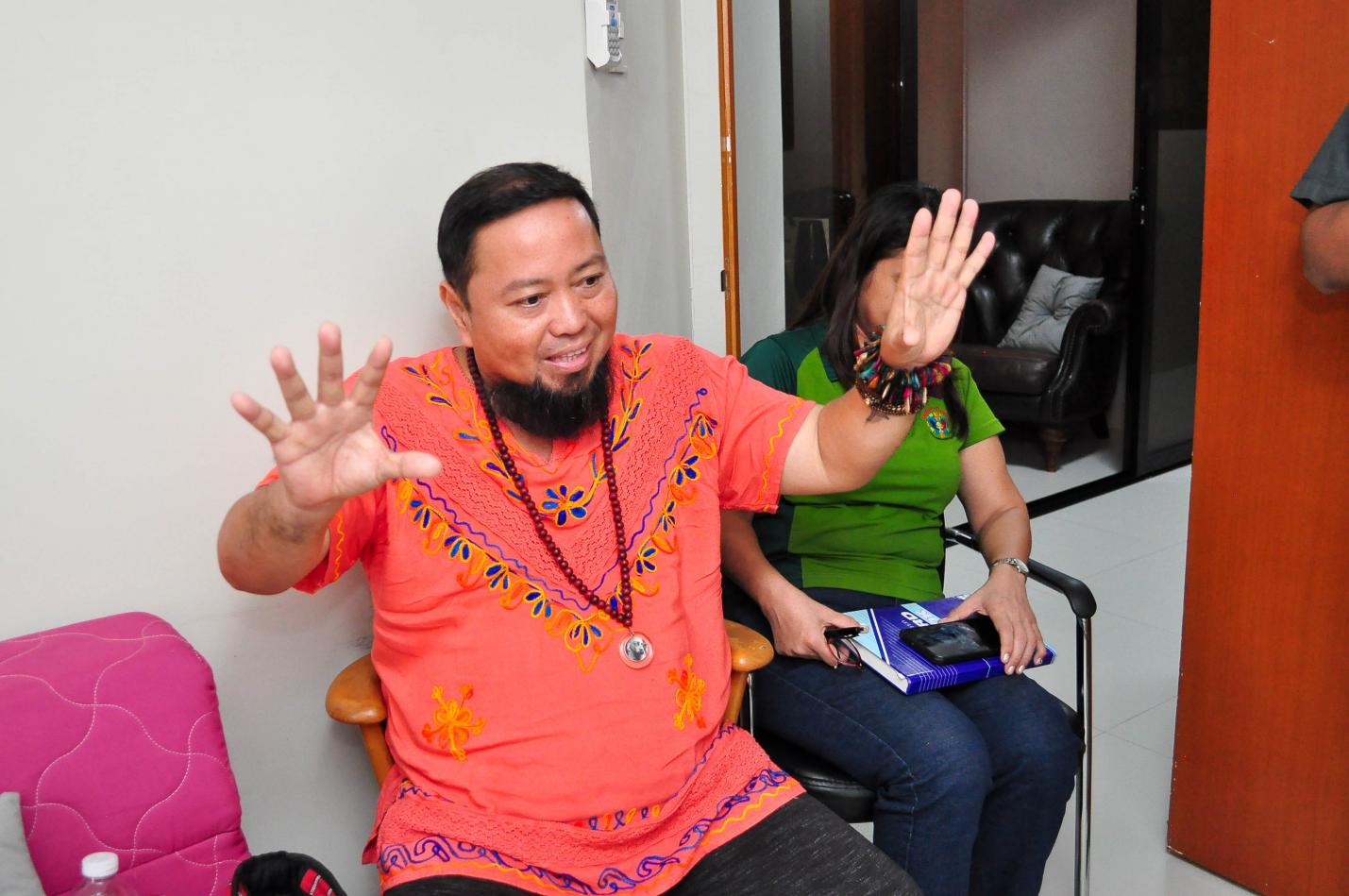
“Before classes start, the children need to process their strong and difficult feelings first,” he said. “Most of them were traumatized not by the earthquake or the storms themselves, but by what they saw on social media—floods, many deaths. They were not directly affected, but what they saw online made them more scared and anxious, worrying that the same thing might happen to their own families.”
He explained that children often struggle to express such emotions. “They don’t have the language to express those strong and difficult feelings. That’s why our sessions—from yesterday until tomorrow—are meant to provide a safe, loving space for those emotions.”
Adults as Models of Stability
Licensed psychologist Vincent Thomas Evangelista, who specializes in trauma-informed care, emphasized that psychological first aid starts with equipping adults—whether parents or teachers—to regulate their own emotions.
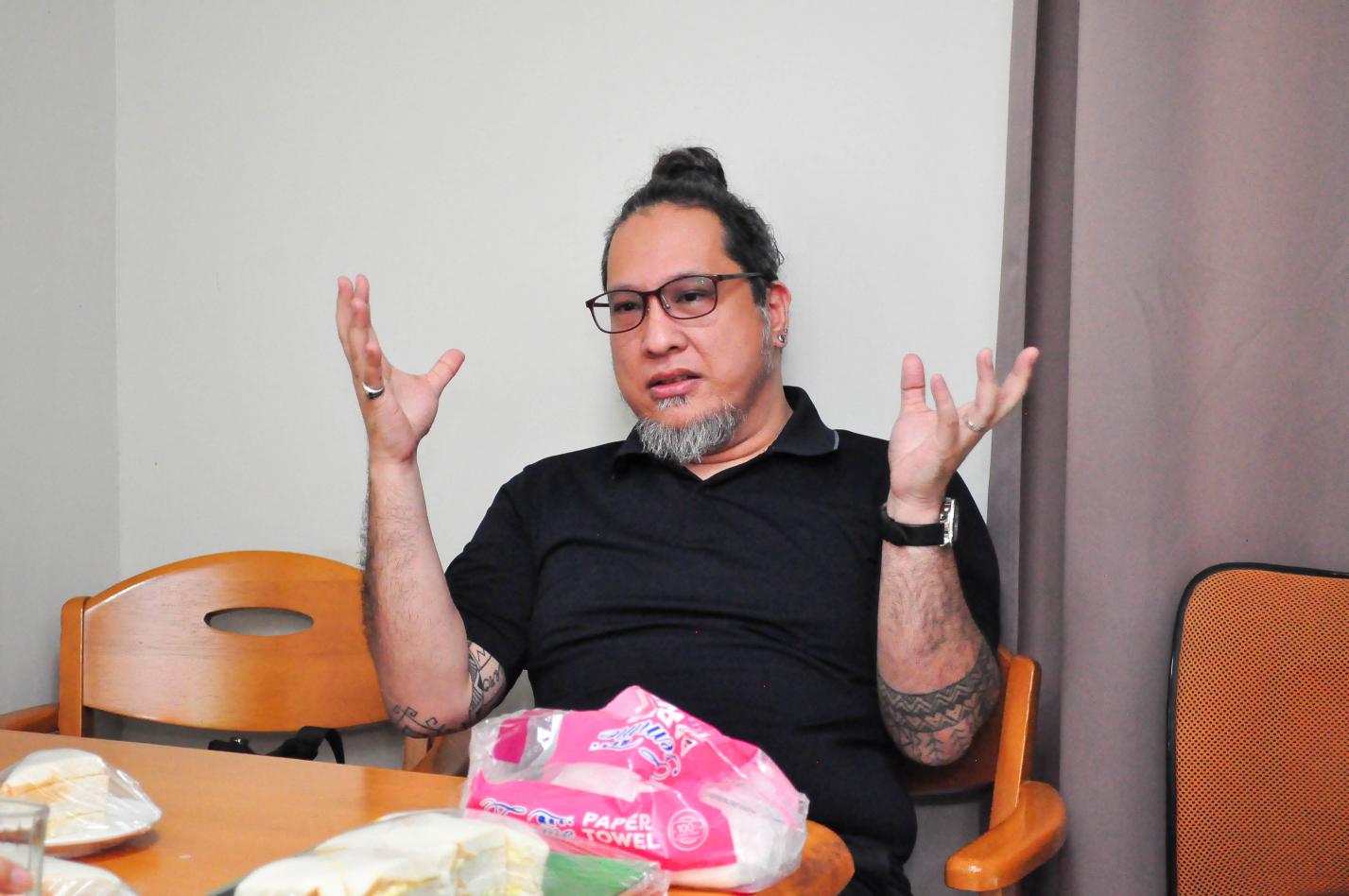
“Psychological first aid equips parents in handling emotions because parents are the primary models for stability and security,” he said. “You cannot expect the child to regulate themselves if the parents are dysregulated, because parents are the model.”
Evangelista explained that the same principle applies in schools. “I always tell teachers, your students are going to look to you for security and stability. If something happens and you panic, the students will panic—not necessarily because they’re afraid, but because you are afraid.”
He said adults must learn to regulate their emotions even in the middle of a calamity. “It’s difficult, especially when you’re also trying to take care of someone else. That’s why training and activities are essential. People need processing to know how to respond calmly at the moment of crisis.”
He said many of the activities in CPMS’s planned programs will revolve around workshops. “For me, part of the dream is to help people find self-awareness and personal identity,” he added.
Integrating Mental Health into Daily School Life
Moving forward, CPMS plans to integrate mental health awareness into everyday school life. Bathan said the school’s holistic approach naturally covers the soul, body, mind, and heart, making mental health a daily practice rather than a response to crises.
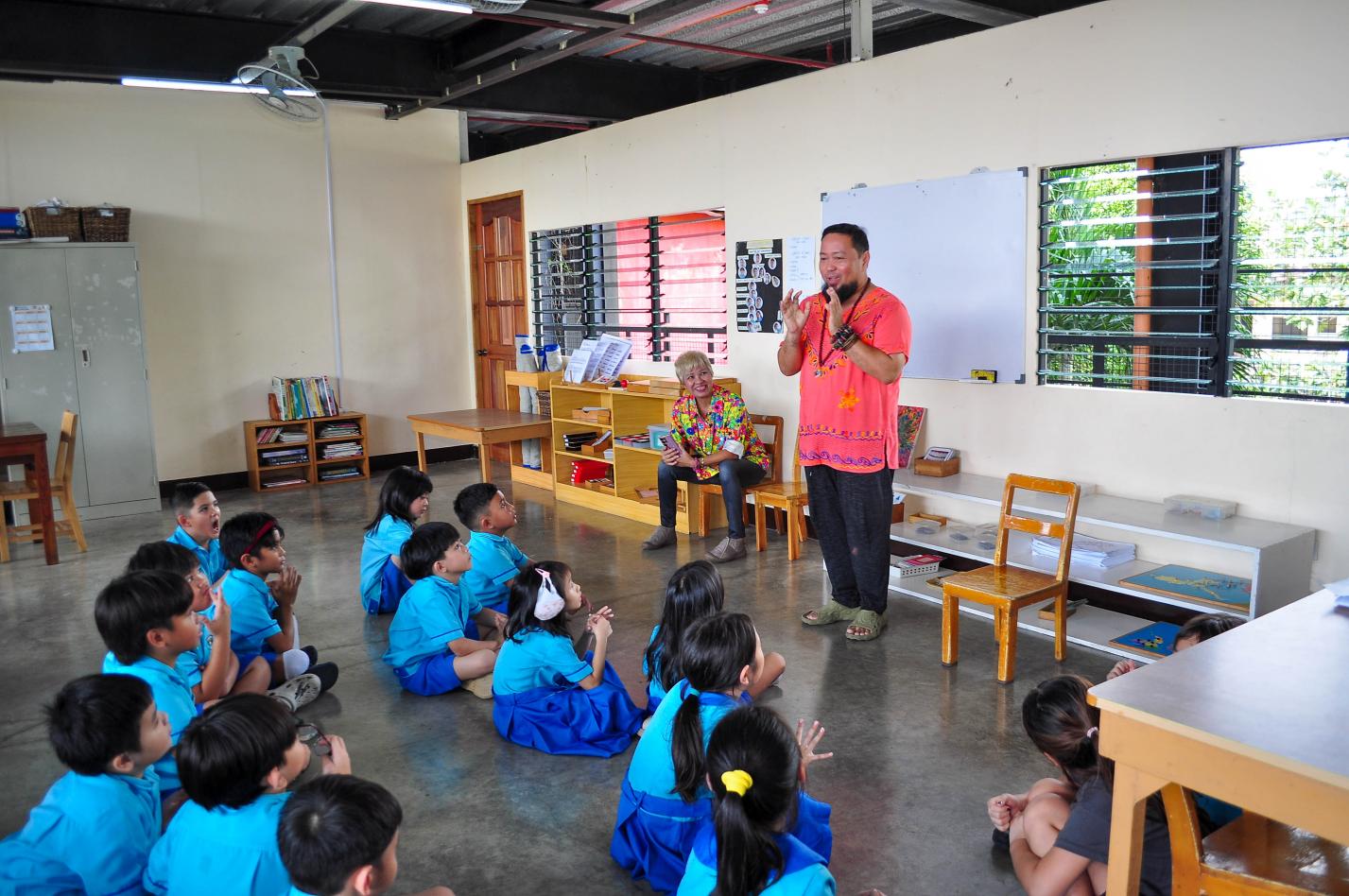
Students write in journals daily to express emotions and understand their internal states. Monthly sessions with Fr. Jaque guide children in recognizing and managing their feelings.
CPMS also offers support for adults, including group sessions, one-on-one counseling, and sand play therapy facilitated by experts. Bathan said the school wants to extend these programs to families, who serve as the first responders in providing psychological first aid.
To build family resilience, CPMS plans to offer workshops, debriefings, and training sessions. As a pilot run, the school will launch “FILIAL PLAY: Healing Families, Building Resilience, and Thriving Together” on December 15, 2025 at the Montebello Villa Hotel. This is a one-day family workshop on emotional healing, connection, and resilience is open to the public. To be facilitated by Fr. Loreto Jaque and Vincent Evangelista, it aims to support families in processing their experiences, fostering healing, and strengthening emotional bonds through guided play, reflection, and shared activities. To join, please register here: https://forms.gle/DiK8yDjdEVmHwumE8
“Our goal is to make mental well-being a continuous, compassionate, integrated practice for children, adults, and families,” Bathan said.
With these initiatives, CPMS hopes to build a community that is emotionally resilient, well-supported, and prepared to face future challenges together. For inquiries, please email cpms.learningcommunity@gmail.com or call +639985795992.



